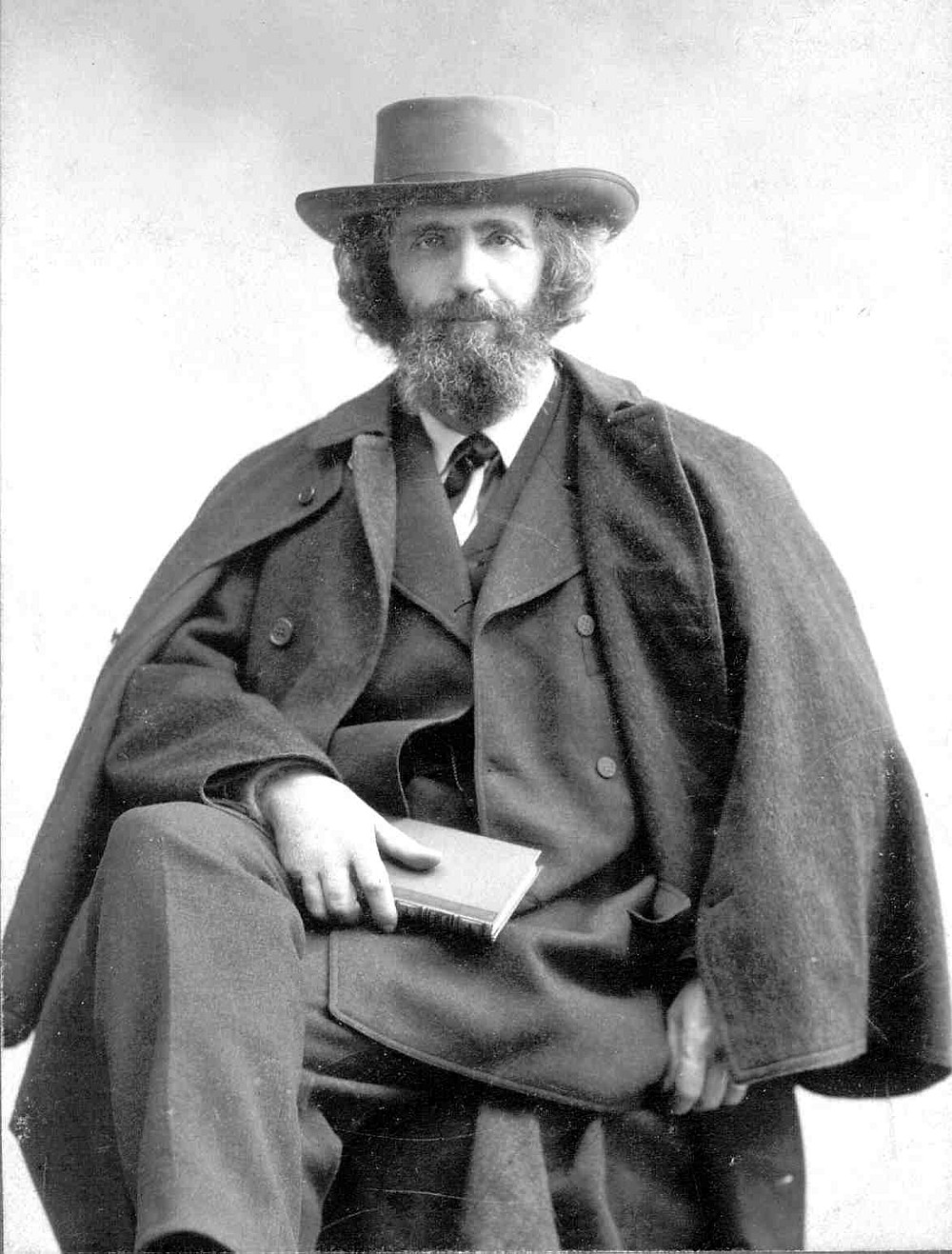The German-Austrian philosopher Franz Brentano (1838-1917) is considered one the most influential philosophers of the late 19th and early 20th centuriew. He provided essential stimuli to both phenomenology and analytical philosophy. Among his students – the so-called "Brentano School" – are such eminent scholars as Carl Stumpf, Anton Marty, Edmund Husserl, Alexius Meinong, and Sigmund Freud. Even in contemporary philosophy, many of his ideas continue to receive significant attention.
In addition to a critical edition of his extensive Nachlass, there is another desideratum in Brentano research, namely an (intellectual) biography of his entire life. In Brentano's case, such a biography is crucial, since grave biographical events seriously affected his university career and intellectual development. Previous biographical attempts failed, mainly due to the need for more sources. In 2019, the situation drastically changed when the Brentano family archive, previously privately owned, was transferred to the Brentano Archive in Graz as a long-term loan. The family archive contains more than 4,000 original letters to and from Brentano, providing entirely new insights into his life and thinking.
The project conceives Brentano’s biography as an intellectual biography, i.e., it attempts to parallel the path of his life and the development of his philosophy and focuses on their interactions. In addition, the political and cultural background will also be taken into account. Brentano research has so far concentrated primarily on Brentano’s efforts to overcome speculative idealism and to reform philosophy according to an empirical scientific method. In doing so, Brentano’s early works on Aristotle and especially the formative influence of Catholicism on his intellectual and emotional development have been largely ignored. A primary goal of the project is, therefore, to overcome this deficit by, among other things, attempting to provide a clearer picture of Brentano’s position in the crucial discussions concerning the so-called Neoscholasticism in the 1860s . A thorough investigation of Brentano’s Catholic background will finally lead to re-evaluating his philosophical project, which in its aims goes far beyond the mere task of reforming the philosophy of his time.

| Duration | 01.08.2023 - 31.07.2026 |
| Funding Funding program | FWF Stand-Alone-Project |
| Grant amount | € 351.074,22 |
| Unit | Department of Philosophy |
| Profile area Uni Graz | |
| Principal investigator | Mag. Dr.phil. Thomas Binder |
| Project staff | Univ.-Prof. Dr. Mauro Antonelli |
| Project homepage | gams.uni-graz.at/archive/objects/context:bag/methods/sdef:Context/get |